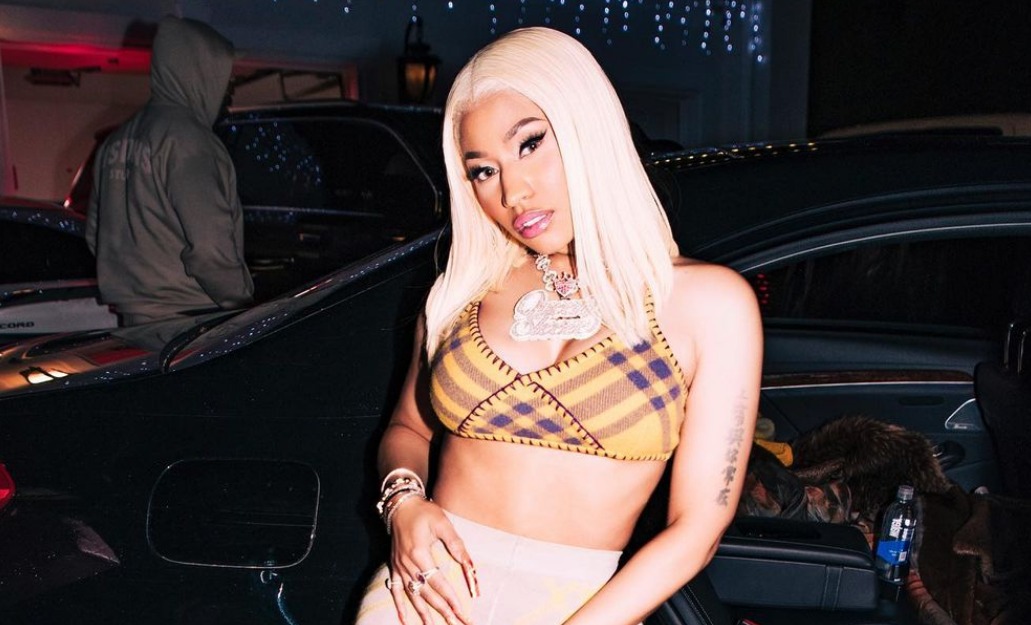Bobby Caldwell, who shocked the world with his soulful voice in the R&B classic “What You Won’t Do For Love,” died Tuesday at 71.
Caldwell’s wife, Mary, confirmed his death the following day in a Twitter post.
“Bobby passed away here at home,” the tweet read. “I held him tight in my arms as he left us. I am forever heartbroken. Thanks to all of you for your many prayers over the years.”
Bobby passed away here at home. I held him tight in my arms as he left us. I am forever heartbroken. Thanks to all of you for your many prayers over the years. He had been “FLOXED,” it took his health over the last 6 years and 2 months. Rest with God, my Love. -Mary Caldwell
— Bobby Caldwell (@bobbycaldwell) March 15, 2023
An official cause of death hasn’t surfaced, but Mary said he dealt with health issues over the last six years due to the fluoroquinolone antibiotic’s inimical effect.
Caldwell rose to fame after releasing his critically-acclaimed 1978 silky smooth hit, “What You Won’t Do for Love,” a song that effortlessly gained much admiration from the Black community.
Especially considering many Blacks were under the impression the silky voice on the track belonged to a brother.
In an interview with Red Bull Music Academy, Caldwell recalled how he and TK records, a Miami-based record label he was signed to at the time, fashioned the idea to cloak his true race.
TK Records, a Miami-based record label, signed Caldwell in the 1970s, ending his struggling musician days. The label gave the “Heart of Mine” singer free reign in the studio, but his songs didn’t appeal to producer Harry Stone as prospective hits. Given another chance, Caldwell penned “What You Won’t Do for Love,” which Stone approved.
TK Records began to worry that Black R&B radio stations wouldn’t play Caldwell’s music since he was white.
“R&B radio was all over TK Records, it was their strongest base,” Joe Maeder, Miami’s Y-100 former radio DJ, said.
TK Records needed support from Black radio. Caldwell came up with the idea to have a silhouette of a man on a park bench, his album cover, which worked.
Bobby Caldwell — a Black man, a brother — was the conception until his very first performance in Cleveland at an amphitheater. About 7,000 Blacks gathered at the theater to hear Black Caldwell.
“I was the only cracker there,” Caldwell said. “And everyone is coming to hear ‘soul brother’ Bobby Caldwell. I walked out on stage, and you could hear a pin drop just a total hush came over the crowd. It was like, ‘What the fuck is this!?’”
Caldwell gulped, and his band launched into their first song.
“I stayed and delivered. After about ten minutes, I had them in my pocket. That was the night I became a man, I’ll tell ya.”
Despite the trickery, the Black community didn’t hate the singer but showed that soul music has no color.
Many Black artists sampled his music. Notorious B.I.G.’s included Caldwell’s “My Flame” in his song “Sky’s the Limit,” featuring 112. Rapper and actor Common sampled “Open Your Eyes” for his ode to ex-girlfriend Erykah Badu, “The Light” (2000).














